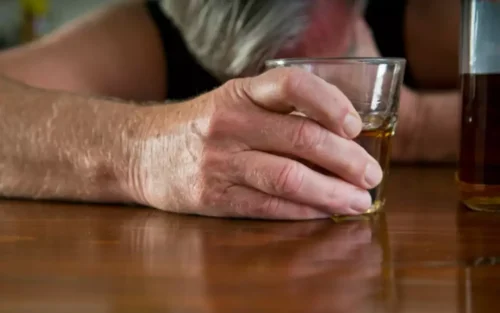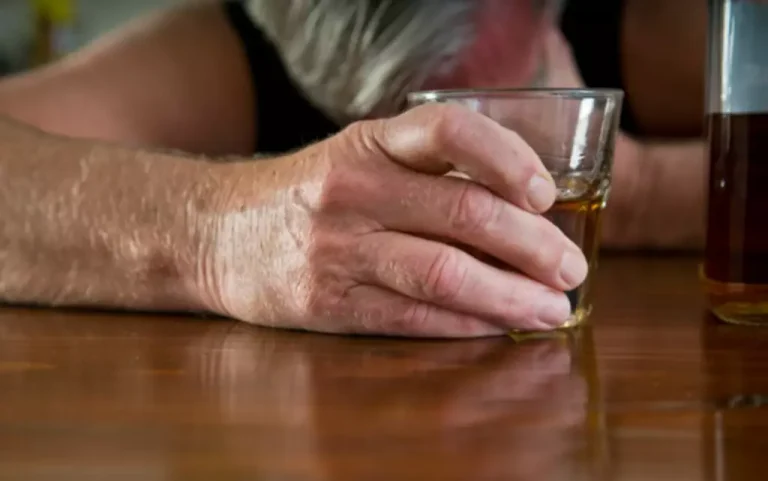
It’s a compassionate and well-thought-out approach to encourage your loved one to seek the support they need. People in recovery and their supporters should investigate Cognitive Behavioural Therapy as a potential therapeutic approach. The structured evidence-based framework within this approach holds potential as a key element for maintaining sobriety over an extended period. Scientific research provides strong evidence for the effectiveness of CBT in treating alcohol addiction beyond anecdotal accounts. A number of individuals believe alcohol assists them during social engagements.
How To Stage a Drug (Alcohol) Intervention for a Loved One
Treatment centers across Texas can help you with a successful intervention. Remember, it’s crucial to remain positive, stay supportive, and seek help from mental health professionals how to do an intervention for an alcoholic when needed. You can achieve successful outcomes with the right approach and attitude towards the person you care deeply about. Holistic care for alcohol addiction is a comprehensive approach to recovery.
Educating Yourself on Alcohol and Drug Interventions
- There are ways to slow, manage, and sometimes even reverse this condition.
- If the person who is the subject of the intervention refuses treatment, it is important for family members to maintain boundaries, such as refusing to give the person money.
- The Preparation stage is the third phase of alcohol recovery, where individuals shift from considering change to actively planning for it.
Cognitive restructuring teaches individuals to analyse their alcohol-related beliefs by questioning whether social events need alcohol or can achieve success through non-harmful alternatives. Through the process of reprogramming their thought patterns people develop a healthier mindset which supports ongoing recovery. Successful alcohol rehabilitation doesn’t end when formal treatment concludes. Creating a sustainable aftercare plan is crucial for maintaining progress and avoiding relapse.
Success Rates of CBT vs. Other Therapies
People who participate in group interactions benefit from and apply their CBT session insights which marijuana addiction results in mutual growth and reinforcement between the two domains. CBT represents a foundational method in treating alcohol addiction according to widespread professional opinion. CBT provides assistance with addiction symptoms while simultaneously working to change the thoughts and emotions which maintain the addictive behaviour.
Understanding the Stages of Alcohol Rehabilitation Treatment
- Confidence in maintaining long-term sobriety is fully developed, and the need for structured support systems significantly decreases.
- In the advanced recovery stage, individuals focus on integrating their new, sober lifestyle into everyday life.
- It involves an uncontrollable urge to drink, difficulty in limiting consumption, and persistent alcohol use despite harmful consequences.
- This condition, caused by prolonged alcohol use, leads to nerve damage that affects movement, sensation, and overall nerve function.
An integrated approach improves recovery outcomes through its comprehensive methodology. Research shows CBT yields better outcomes than 12-step or medication-only methods particularly over extended periods. People who merge CBT with additional recovery techniques experience less relapse and stronger recovery control. Those who participated in CBT demonstrated extended periods of sobriety while also expressing increased self-assurance in dealing with their triggers. Our Family Therapy Program Boston helps rebuild trust, educate loved ones, and improve communication between clients and their families throughout the rehab process. We offer this support through our Family Therapy Program Boston, which is available across PHP, IOP, and outpatient levels of care.
Understanding the Need for an Intervention For Alcoholism
Research shows that individuals raised in environments where heavy drinking is normalized or who experience trauma are at greater risk of developing addiction, regardless of genetic background. Barriers to taking the first step toward getting treatment for alcohol addiction, such as stigma, denial, and fear, prevent individuals from seeking help. Many struggling with alcoholism avoid treatment due to societal judgment, personal shame, or apprehension about change. Finally, the team comes together, in the presence of a therapist or other addiction treatment professional, to confront the loved one and ask them to seek treatment.
- Alcohol use disorder (AUD) can be difficult to come to terms with, and the side effects can result in challenges for both the individual facing the disorder and the loved ones surrounding them (1).
- Interventions can be helpful by surrounding someone with their family, but a private conversation may be the better way to start.
- However, interventions come in many forms, and on the smallest scale, the intervention process can be as simple as a one-to-one, informal conversation with the affected individual.
- Your loved one may feel attacked and become isolated or more opposed to treatment.
This means that family can play just as significant a role in causing and worsening an addiction as they can while they offer support. Alcohol use can lead to withdrawal symptoms, just like other addictions, so the medical detox will help the person manage those symptoms. Some medications may be given to alleviate symptoms of the detox process, like nausea or headaches.



